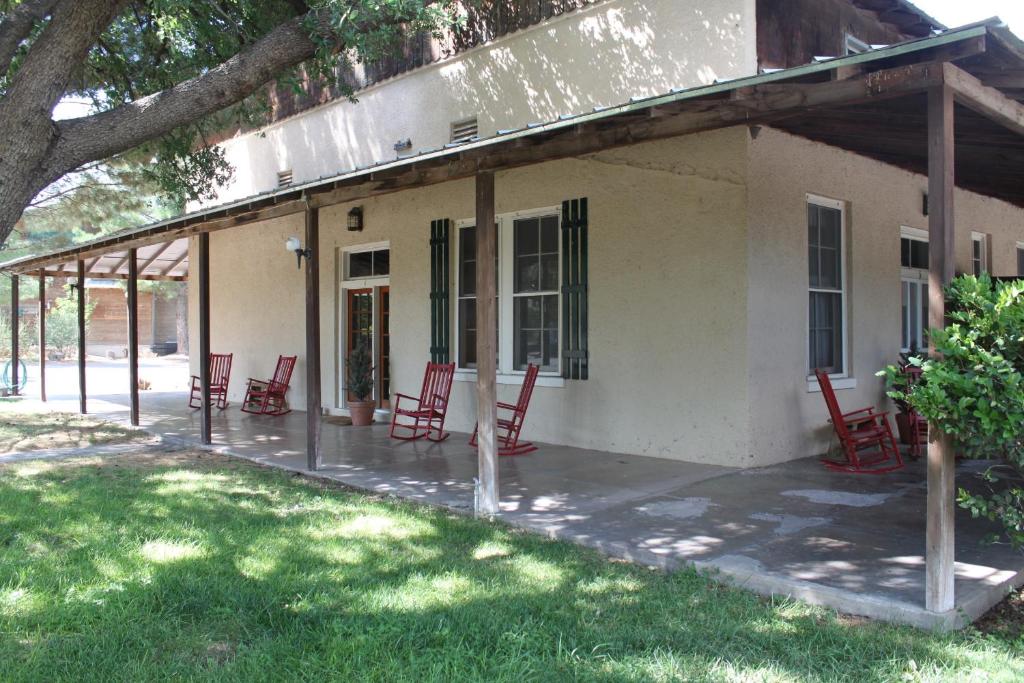Protecting Your California Property from Squatters
Squatting, the act of occupying deserted or unoccupied property with out consent, provides complicated lawful problems in California state. Here’s a comprehensive summary of the lawful scenery encompassing squatting laws California.
1. Legal Trespass Regulations:
Squatting in California state is primarily resolved through criminal trespass laws. People that occupy house with no owner’s permission can experience misdemeanor expenses, punishable by charges and imprisonment.
2. Civil Cures:
Homeowners can focus on civil treatments against squatters, including eviction procedures and monetary damage for trespassing. Civil law suits might also search for injunctive relief to take out squatters in the property.
3. Adverse Property Statutes:
California’s negative ownership statutes permit visitors to state acquisition of house under certain conditions, which includes open and steady occupation for a minimum of five years. Even so, squatting alone does not generally meet the criteria for undesirable possession, because it lacks the desired aspects of hostility and repayment of property fees.
4. Landlord-Tenant Legal guidelines:
In the event regarding homes, California’s landlord-tenant regulations control the partnership among homeowners and residents. Squatters usually do not get tenant privileges unless these people have a legitimate hire arrangement with the operator, and landlords are required to follow distinct eviction treatments to eliminate them.
5. Law Enforcement Response:
Law enforcement firms are responsible for analyzing reviews of squatting and enforcing pertinent legal guidelines. Property owners should rapidly statement suspected squatting situations to local authorities, who can take suitable action to address the problem.
6. Property Protection Actions:
Home owners might take proactive actions to safeguard their qualities from squatting, such as acquiring vacant complexes, carrying out standard examinations, and publishing no-trespassing signs. Prompt involvement may help prevent unwanted career and minimize possible problems.
7. Legitimate Help:
Due to the difficulties of squatting laws and regulations in Cal, home owners should seek out legitimate aid from skilled legal professionals devoted to real estate and house legislation. Legitimate professionals can provide assistance with eviction processes, civil lawsuits, and also other related is important.
8. Neighborhood Sources:
Neighborhood government agencies and local community agencies may offer you assets and help for home owners working with squatting troubles. These assets may incorporate information on legal proper rights, eviction guidance, and mediation providers.
To sum up, squatting presents important lawful challenges for home owners in Ca, but understanding the pertinent regulations and seeking suitable authorized support may help address these issues effectively. If you take proactive actions and functioning in the lawful framework, property owners can safeguard their rights and preserve the integrity in their attributes.


